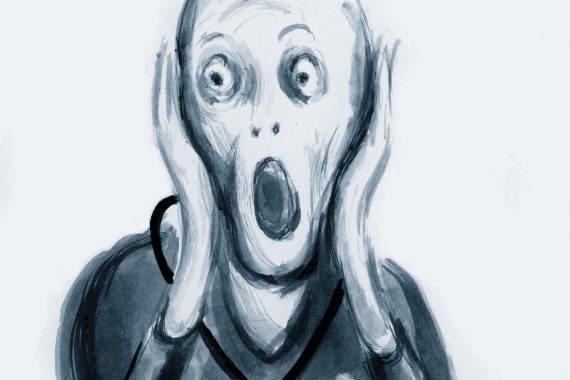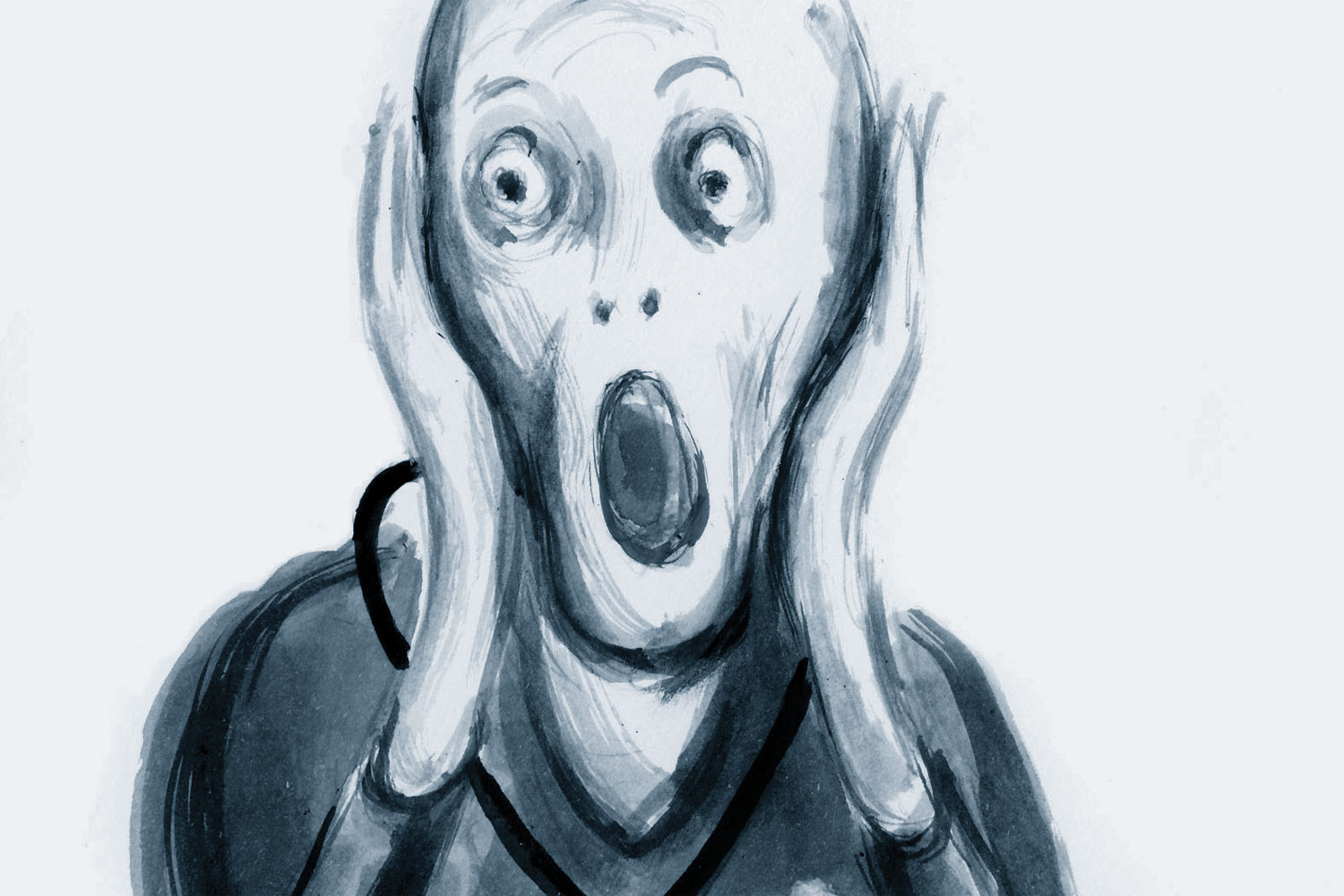Do we really need GPs at all?


I’m staring at myself in the mirror. Never a good idea at my age, particularly when you have the metaphorical grime and grind of years at the coalface to aggravate the sags and wrinkles. But I’ve come over all introspective about the GP’s role, and there’s no better way to reflect than to take a long, hard look at yourself. And what I see is shocking.
This bout of soul-searching has been prompted by a couple of local innovations. One is the enthusiastic embrace of ‘signposting’. Apparently, this means our telephonists will grill patients wanting an appointment to see if they can be directed elsewhere – to pharmacist, to podiatrist, to priest – to anywhere, in fact, except to us hard-pressed GPs.
The other is the announcement that our CCG is setting up an acute visiting service, to relieve us of that particularly stressful, time-consuming and disruptive responsibility.
Naturally, this has led to an outbreak of back slapping, high fives and jumping for joy. So why, amid the popping of champagne corks, do I feel a weird and rising nausea?
The more I ponder, the more I realise this is a classic case of ‘careful what you wish for’
Consider this. Over the years, many other areas of our work have been deconstructed and hived off, by default or design. Out-of-hours went long ago and certainly no regrets there. Palliative care leaves me redundant given that terminally ill patients can’t move for end-of-life services, Macmillan nurses and rapid-response teams. Even my gatekeeper role is diminishing: patients can self-refer to psychological therapies and CAMHS, our musculoskeletal triage service has led to an all-you-can-treat approach and the cancer referral hurdles are now set so low as to verge on open access.
Acute illness? That’s seen by advanced nurse practitioners and pharmacists. Chronic disease and multimorbidity? Nurse-run chronic disease clinics or the community nurse specialists. Maternity? Direct access to the midwives. Dementia meltdown? Phone the dementia intensive support team. Problems making sense of hospital appointments/tests/consultant? Go directly to PALS. And so on ad infinitum.
And the more I ponder, the more I realise this is a classic case of ‘careful what you wish for’. We thought we were pitching for heaven and we may have ended up in hell. Because, for the first time ever, you could look out over the vast primary care landscape and ask, with some justification, do we really need GPs at all?
The obvious answer is to point out that, despite all this dilution and disintegration of our role, our surgeries remain full to bursting. Then again, work always expands to fill the space available.
So maybe it’s better to highlight that the reconstructed, aka traditional, GP would do all of the above, brilliantly, knowledgeably and with continuity, in a fraction of the time and at a fraction of the cost of this fragmented new world. That was always our USP and incontrovertible justification for our existence. But it’s too late now: the direction of travel is clear and irreversible.
Which explains the shocking thing I see when I look in the mirror: absolutely nothing.
Dr Tony Copperfield is a GP in Essex











